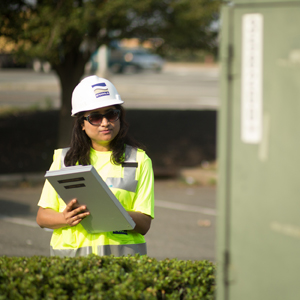Due Diligence for Property Transactions

Due Diligence for Property Transactions
EWMA is frequently called upon by property purchasers, investors, developers and lenders to identify potential environmental concerns and future liabilities during property transactions.
To initiate the due diligence process, EWMA prepares a Phase I Environmental Site Assessment (Phase I ESA), which is a nationally recognized environmental site assessment standard. During the Phase I ESA process, we identify Recognized Environmental Conditions (RECs) based on information collected during a review of relevant environmental and historical data, a site visit, and interviews with knowledgeable parties. The Recognized Environmental Conditions (RECs) are outlined in a Phase I ESA report, along with an Executive Summary that summarizes our findings. As part of the report, we make recommendations regarding further investigation of environmental concerns, if warranted. Upon client request, EWMA can provide you with a proposal for implementing any investigation recommendations within the due diligence deadline.
EWMA recognizes that during the process of purchasing a property, clients are often under tight due diligence deadlines. Put our extensive due diligence expertise to work for you to ensure that you are aware of environmental liabilities within the due diligence deadline, so you can make informed decisions and proceed towards closing on the purchase of a property on time.
